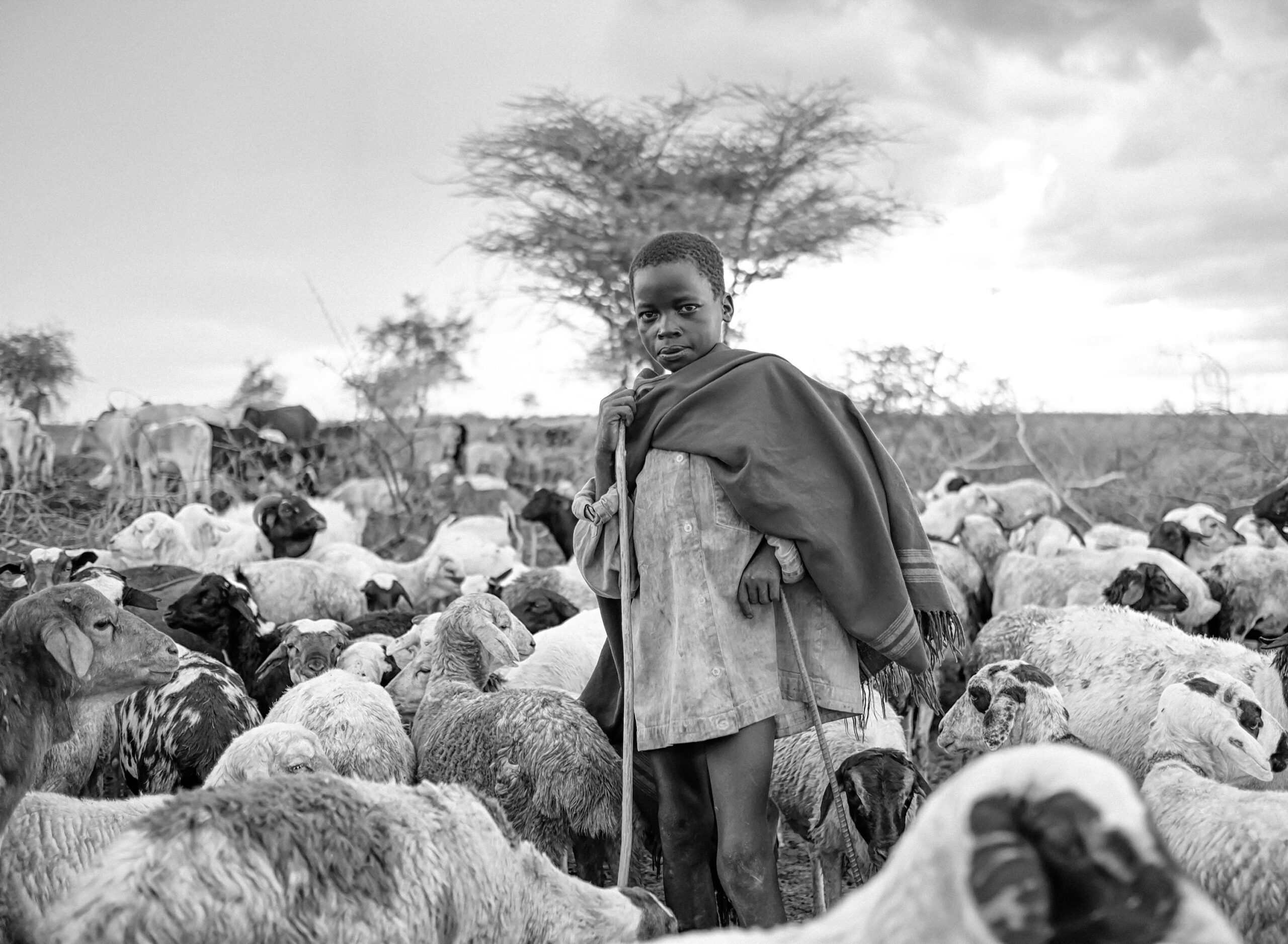“Glaucoma was a shock to the nervous system,” photographer Derek Schrock shares with me, the legally blind Editor in Chief of the Phoblographer. “It allowed me to contemplate a loss and to compensate going forward with methods of gain. When you’re young and fortunate, you’re also a dependent. Dependent on something. Dependent on someone.” This was the first time in life that Derek felt cut off, weak, vulnerable, and without control. This happened to Derek when he was young, and most wouldn’t even consider being photographers or would consider ending their careers.
All images in this interview are by Derek Schrock. Used with permission. If you’re interested, pick up his book A Sum of One. Please also visit his website.
However, Derek grew from this after the initial blow to the gut.
The contemplation was good for me. I could grow from the imperfection. Criticism can be constructive, and it made me look intently at myself. My weaknesses. Alter my makeup. Psychologically change from a situation I had no control over. Heighten my surrounding senses and grow in my humanity. I worked on myself. I began to see myself clearer than ever. As it just so happens, simultaneously the images accumulated. Everyone is going through something. Glaucoma limits one nerve but gave me another to reach out. There became a comfortability in being vulnerable, and in doing so I’ve seen more than I ever imagined.
Getting into Photography
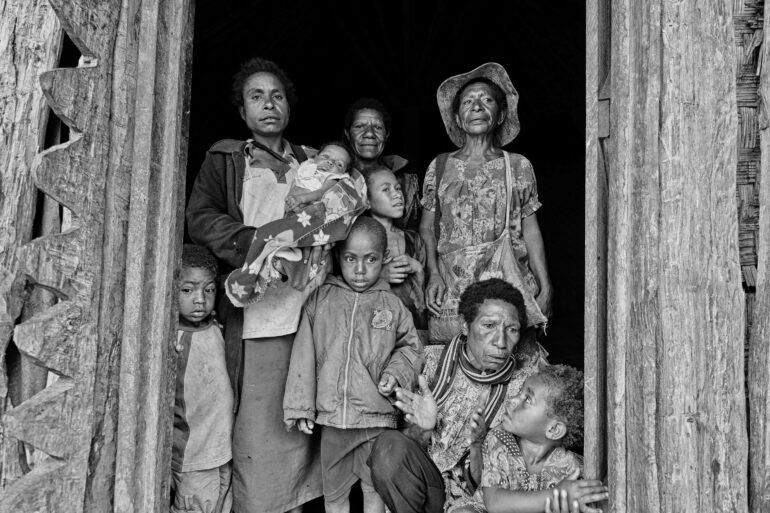
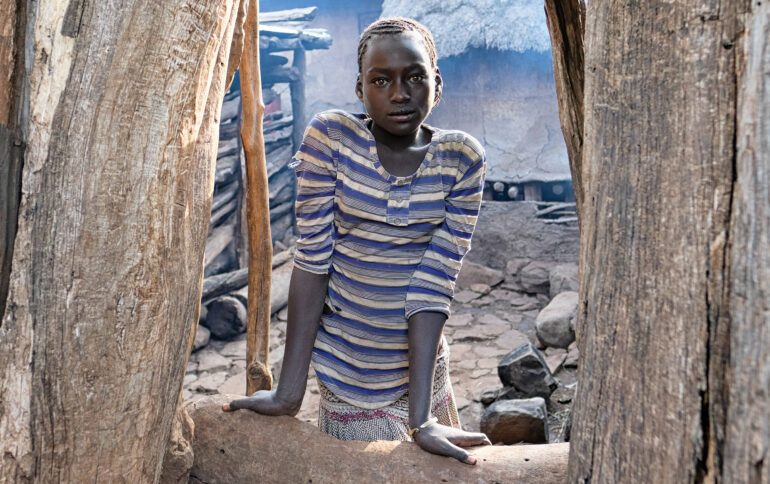
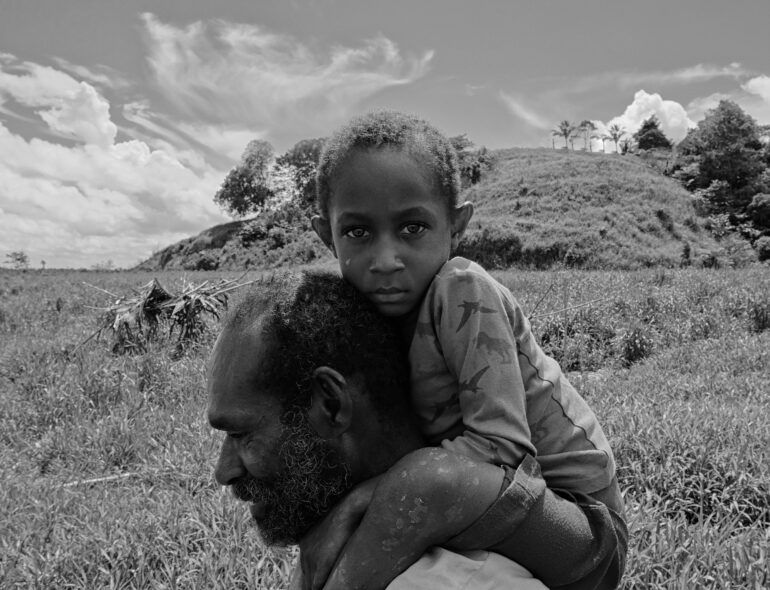
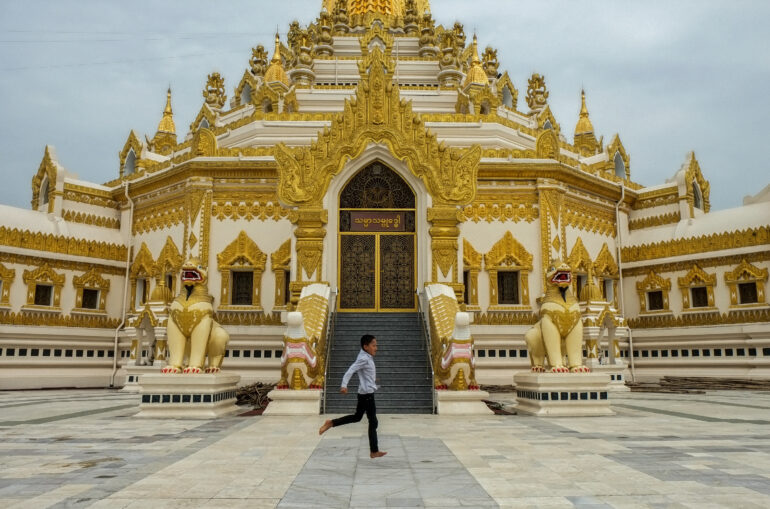
Derek’s love of photography comes from what he calls his “awkward years.” This was during middle school tech class where he’d do things like take a photo of traffic at an intersection then develop it in the darkroom. It later helped bring his travel work so much more meaning as he used the camera on all this trips.
The chemicals mixed and created an image. It worked out. Nothing about the process was difficult. I remember that happening as if it was in slow motion. The swell of the photograph. I can still feel the swell of my eyes as though it was yesterday. I wish I had stuck with it and developed that fascination I felt in that moment.
Derek admired the work of Irving Penn, Sebastião Salgado, W. Eugene Smith and James Nachtwey. However, he never took the time to carefully study their work until he was already very deep into photography himself. “Yet, I never studied them nor any other photographers until I was already too deep into it. “I had already taken thousands of photographs and been to dozens of countries,” he tell us.
A Sum of One, Derek’s latest book, is one that he hopes is received well. He says that he hasn’t gotten rich off of photography, but that he cares more about the fact that the work is genuine. “When I get too deep in the weeds, too overwhelmed in the expectations I tell myself W. Eugene Smith died with $18,” he says. “Perfect.”
2. Give us a list of your essential camera gear and how it helps you achieve your creative vision. This will be a section in and of itself.
A Love for Fujifilm
For me to work true it’s a camera body and lens dangling from a leather strap and that’s it. No artificial lighting. No set. No assistant. Bare and minimal. Perhaps I belonged in another era?
Derek, like most of the staff here, loves Fujifilm. This stems from the romance it produced in his childhood. So, of course, nostalgia contributed to it. Derek is a man of culture and shoots with an X Pro 1 and X Pro 2 — which he says feel like an extension of his body. “The density of the camera body weighs on me and I feel relays a sense of importance to the image,” he tells us. Mostly he wanted something that would inspire him to go shooting. He paired thee cameras with the Fujinon XF 14mm, 18mm, 23mm and 35mm. Yes, he’s an all primes guy — a man of culture, as we said. And recently, he’s gotten into the Fujifilm GFX 50R.
Prime lens(es) demand getting close. Literally being part of the image. Taking an image not just with your eye, but also your body. They demand you move your body to synchronize with the image. I like that feeling. Being in motion with the subject creates an intimacy of risk. I’ve missed a lot of images because I don’t zoom. I’m at peace with that. Because I’ve gotten close, I’ve made a lot of eye contact and shaken a lot of hands. Had a lot of experiences otherwise I would not have had. I feel proud when I make an image where it demands I tear my jeans because I take a knee or dirty my shoes because I walk through mud or best yet scrape my elbow because I lie parallel. For me, photography is about being in the conditions of others. The conditions can’t be on my terms.
His work is about instinct and immediacy. He sees it as photographing with his whole body. Despite his love of cameras and lenses, it’s still not everything. A huge part of it all is his excellent work with people.
Working with People
Derek, who admits he hasn’t had formal training, approached situations as if he were a guest with no entitlements. He understands that he’s going to be judged on who he is in his interactions with people. So Derek checks himself to always make sure that he’s kind, respectful, a good listener, vulnerable, etc. He goes for what he calls a common ground in all of humanity. These include calm movements, inviting tones, a soft pitch, eye contact, no sunglasses, gratitude, sincerity, etc. Essentially, he work to make himself someone that others want to be with.
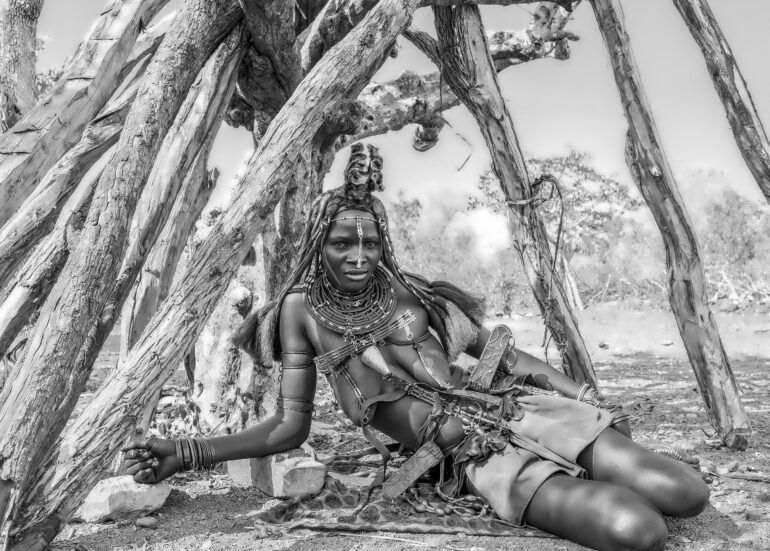
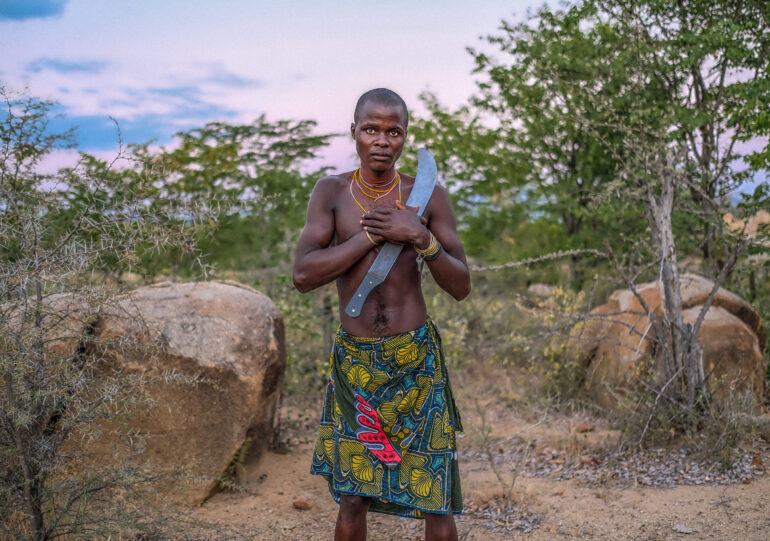
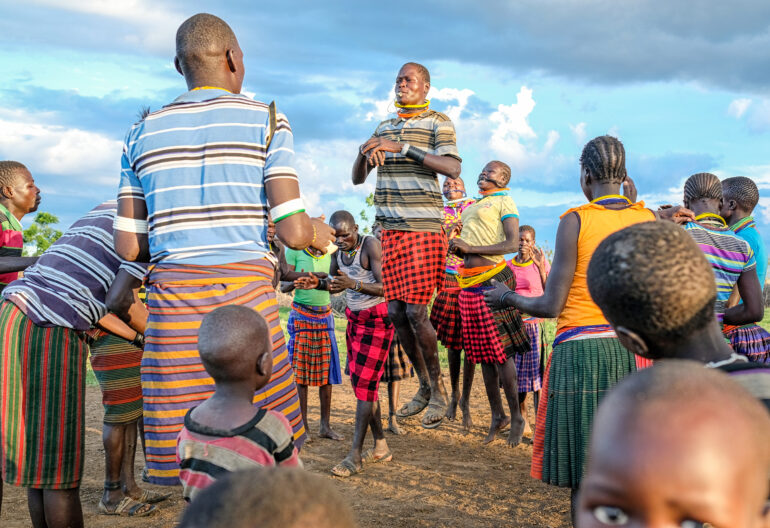
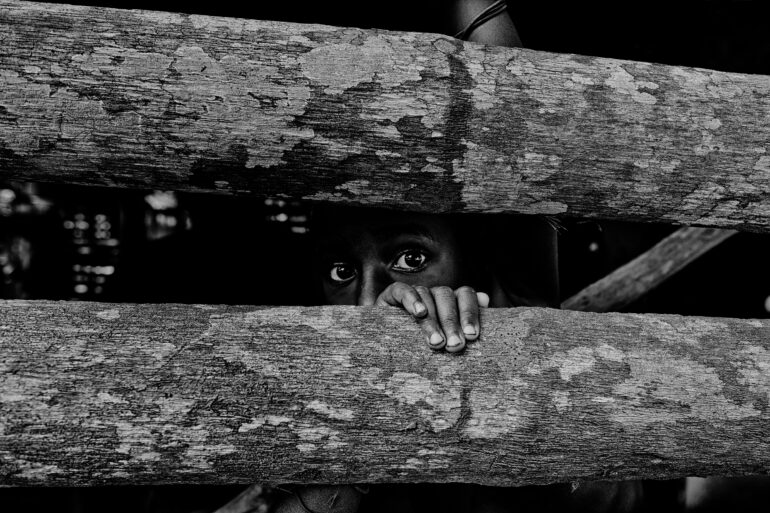
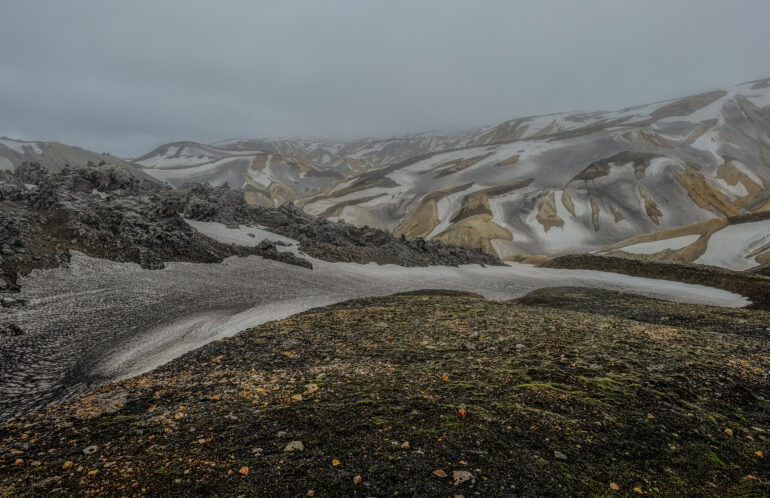

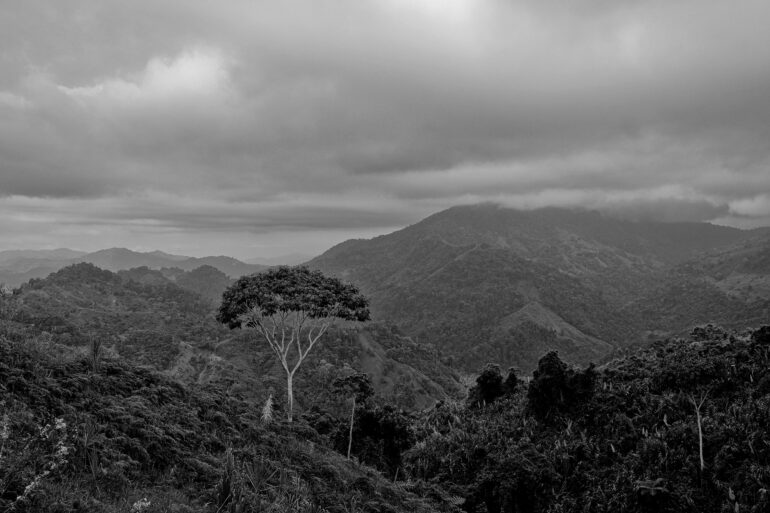
5
All images in this interview are by Derek Schrock. Used with permission. If you’re interested, pick up his book A Sum of One. Please also visit his website.


